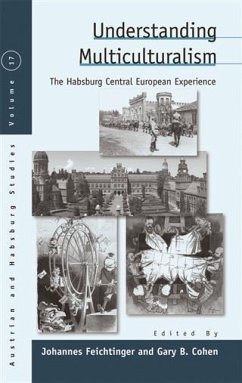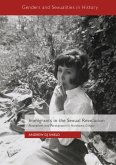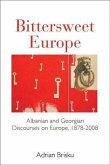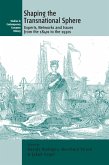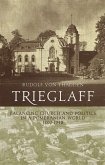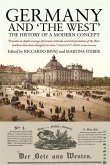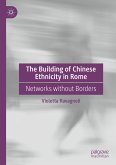Multiculturalism has long been linked to calls for tolerance of cultural diversity, but today many observers are subjecting the concept to close scrutiny. After the political upheavals of 1968, the commitment to multiculturalism was perceived as a liberal manifesto, but in the post-9/11 era, it is under attack for its relativizing, particularist, and essentializing implications. The essays in this collection offer a nuanced analysis of the multifaceted cultural experience of Central Europe under the late Habsburg monarchy and beyond. The authors examine how culturally coded social spaces can be described and understood historically without adopting categories formerly employed to justify the definition and separation of groups into nations, ethnicities, or homogeneous cultures. As we consider the issues of multiculturalism today, this volume offers new approaches to understanding multiculturalism in Central Europe freed of the effects of politically exploited concepts of social spaces.
Dieser Download kann aus rechtlichen Gründen nur mit Rechnungsadresse in A, B, BG, CY, CZ, D, DK, EW, E, FIN, F, GR, HR, H, IRL, I, LT, L, LR, M, NL, PL, P, R, S, SLO, SK ausgeliefert werden.

